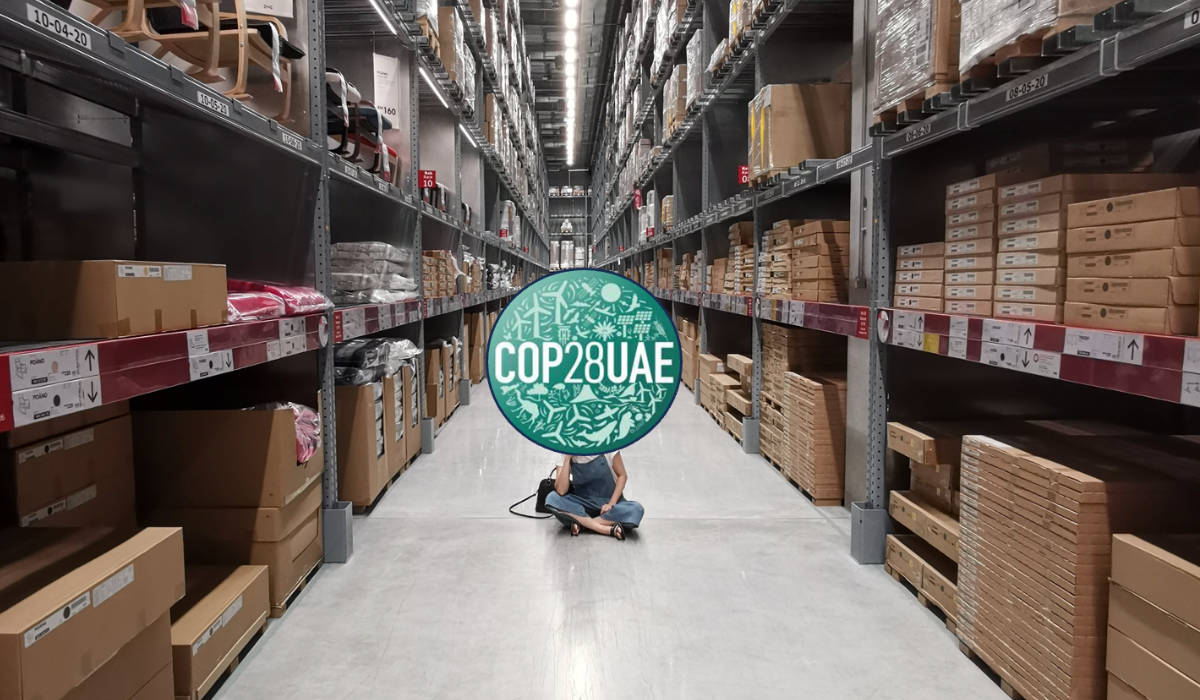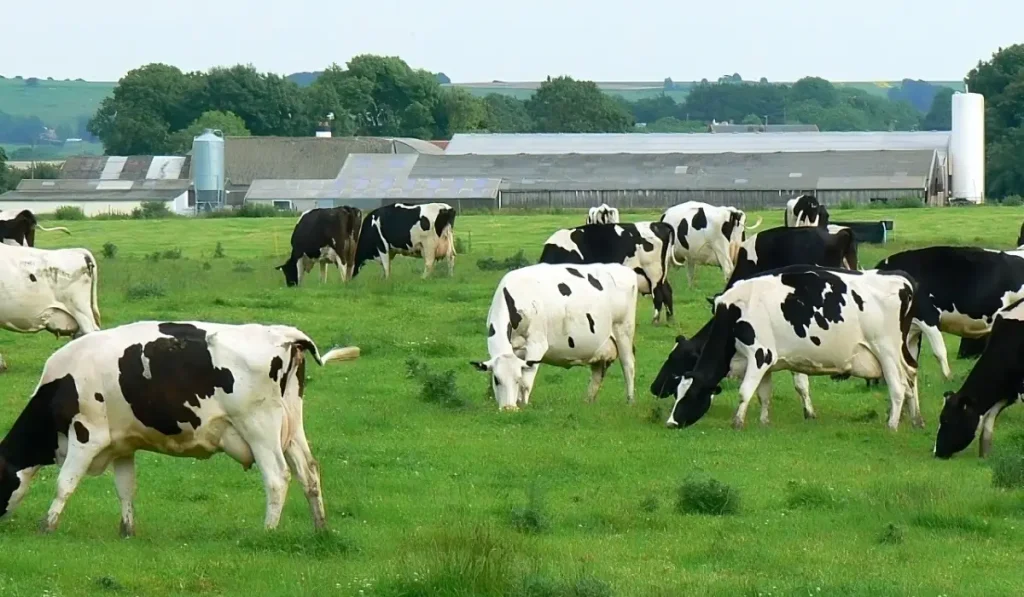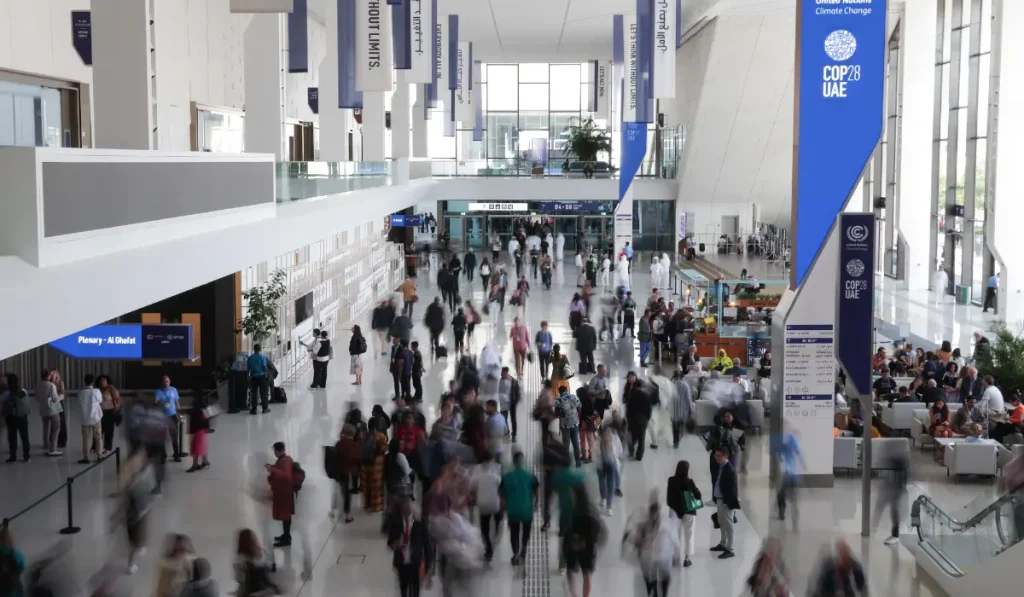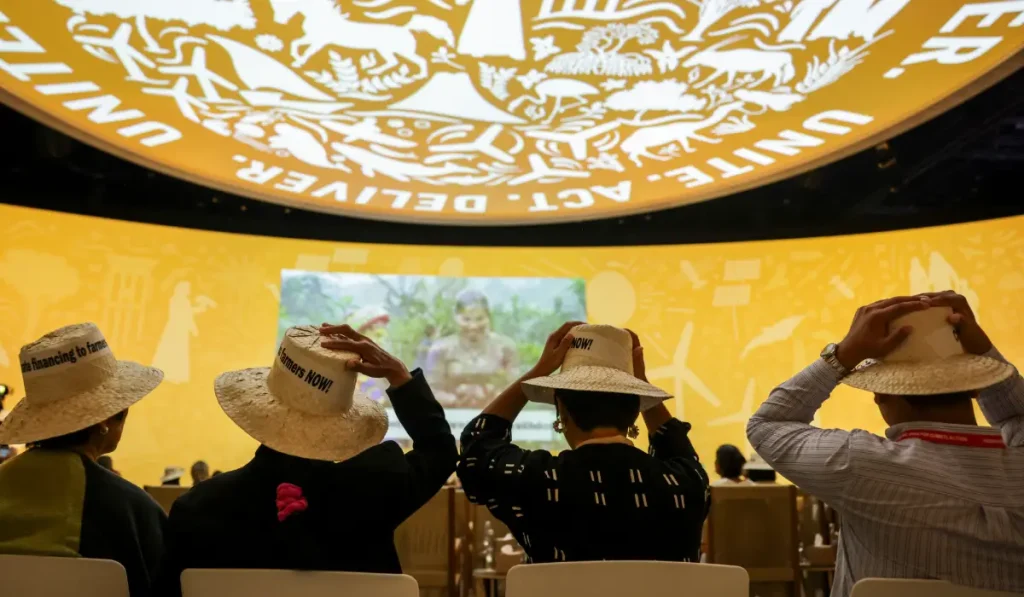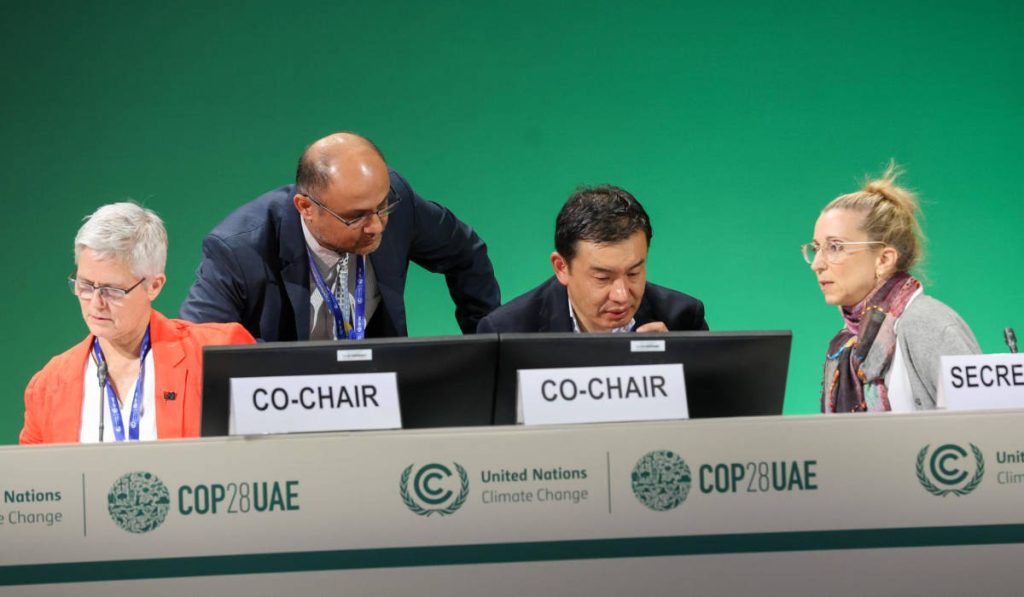COPs are complicated affairs, with multiple negotiation tracks, side events and high level political events occurring simultaneously. They now also account for the largest annual meetings hosted by the United Nations. Even negotiators struggle to keep track of the multiple political and technical dialogues. Unpicking the agenda and thematic discussion points can be equally daunting.
You would be forgiven in thinking that the declaration from the Africa Climate Summit held in Nairobi in September represents the African common position going into the COP, and you would also be right in that respect. But there is much more to it. A series of negotiation positions and climate objectives have emanated from African heads of state and negotiators over the course of this year, including from the AU, the Committee for African Heads of State and Government on Climate Change (CAHOSCC), and the African Group of Negotiators. These have also been supplemented and supported by a series of important research outcomes both globally and from the continent from academic and research institutions and organisations, programmes and philanthropies. Because the negotiations operate according to a set agenda and since positions are also tied to various fixed workstreams under the UNFCCC and Paris Agreement, all of these positions have considerable political and technical nuance to them. In this Pre-COP series run through the course of November, we will be doing the hard work for you by diving into the various submissions of African countries, and related research, to pull together what are some of the leading COP positions for African countries. We highlight the main work streams at this year’s COP, what they mean, and emerging African positions, including the Global Stocktake, Adaptation and Loss and Damage, Climate Finance, Trade, Mitigation and Just Energy Transitions. In this analysis we kick off with the key focus area of COP28: the Global Stocktake.
The Global Stocktake is a five year true-up or inventory of where Parties are when it comes to achieving the goals of the Paris Agreement. It is contentious because it requires countries to agree on what they think the goals of the Paris Agreement are (there is surprising divergence on this), the extent to which they have or have not been met and who or what is to blame. Crucially it also entails agreeing on the way forward with action items to meet these goals over the next five years. An ideal outcome would be a robust consensus document that has concrete and actionable outcomes that propels ambitious measures over the next five years until the next stocktake. What is not needed is another document that simply highlights the urgency of action, and points to the need for enhanced ambition and implementation of existing commitments.
The Stocktake itself will take the form of a series of high level events at the COP which will present the outputs and a technical assessment that was concluded earlier this year. There will also be a formal Outcomes document. The latest workshop report on the Stocktake suggests that countries have agreed to some high level “bullet points” that will guide the Outcome document. The Outcome will be captured in a formal decision by the CMA (the governing body of the Paris Agreement), and will likely have a declaration attached to it as well as a technical annex.
Over the past few months, African countries have voiced discontent at the fact that the some of the interim documents coming out of the Stocktake’s workshops don’t adequately reflect the need for African countries to be afforded more “policy space” to pursue sustainable development and the SDGs, and that key principles and objectives such as equity and common but differentiated responsibilities, fairness and just transitions are not fully or are inappropriately captured. The AGN also wants to see clearer and more actionable reforms proposed when it came to climate finance and a firm acknowledgment that the implementation gap is directly tied to the lack of climate finance.
The most recent report and bulleted list of 30 October, coming out of the Stocktake’s workshop (that will form the basis of a decision at COP28) might be equally disappointing to African countries. While it is strong in the preamble on some of the principles African countries wanted acknowledged, and it has robust actionable mitigation targets such phasing out/down fossil fuels, tripling renewable energy, doubling energy efficiency, and peaking emissions by 2025, it’s much weaker on action items dear to African countries. For instance, when it comes to finance, it makes no reference to the burden sharing arrangement African countries were looking to see, to ensure that developed countries transparently and accountably deliver on their finance pledges. It is light on acknowledging the debt challenge and proposes few actionable measures to address it. African countries were also looking for clear targets for the contribution of various instruments such as grant, concessional finance, as well as the international public finance, and criteria for Africa to ensure it gets a fair share of finance. Similarly the document is weak on the negative impact of response measures such as the EU’s Carbon Border Adjustment Mechanism (CBAM), which African countries wanted particular recognition of. It also does not acknowledge the need to avoid the shifting of the mitigation burden to African countries, which is what the CBAM has been accused of doing and why African states are calling for more “policy space”.
Moreover, while the current version speaks of a roadmap to double adaptation finance by 2025, it doesn’t look beyond this, but only cross refers to discussions about the new target still under deliberation for the post 2025 period. In sum, African countries will most likely go into COP28 looking to argue for a Global Stocktake Outcome document that has far clearer action items outside of mitigation, with sufficient granularity to support implementation and tracking.
While we may see some of this detail coming out in other key texts from the COP, having them in the Stocktake’s Outcome document is particularly important. Legally, the Stocktake is a mandated process of the Paris Agreement and its outcome arguably has greater weight, in terms of its findings and basis for future action, than a COP28 cover text and other decision text. The Stocktake also plays a unique role in acknowledging reasons for past failure, in far more detail than a COP decision typically would. Without clear and frank acknowledgement for why there have been historic failures and how these have contributed to the present, it will be difficult to fully remedy these failures going forward. This is the moment for an open and informed discussion of the past and an opportunity to reimagine what the Paris Agreement could bring over the next five years, going beyond next year’s COP cycle. Best we agree to a document that really captures this moment and charts a better path for the next half decade.

